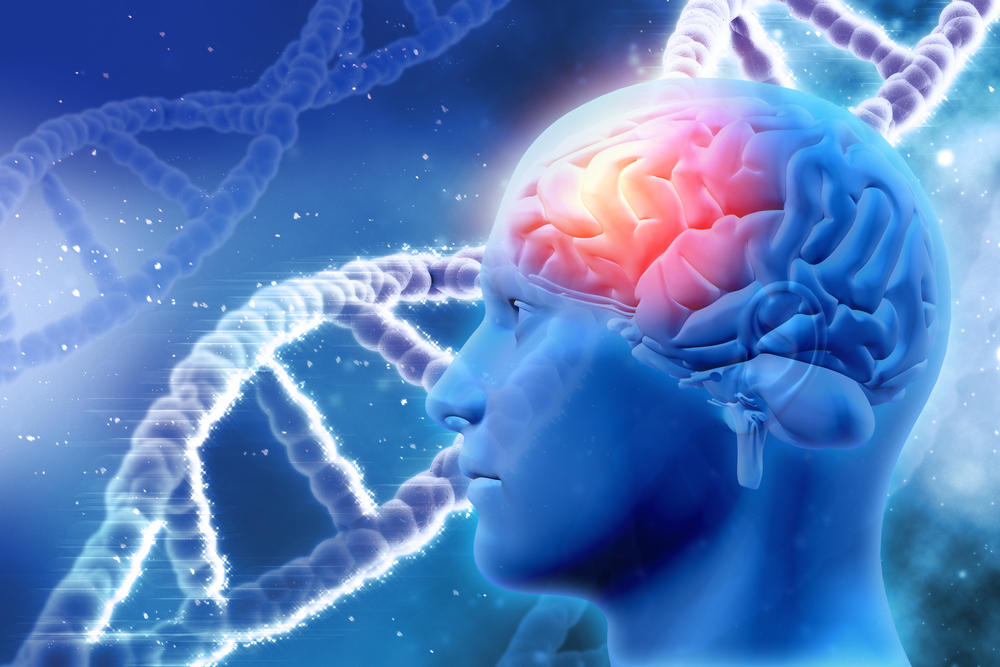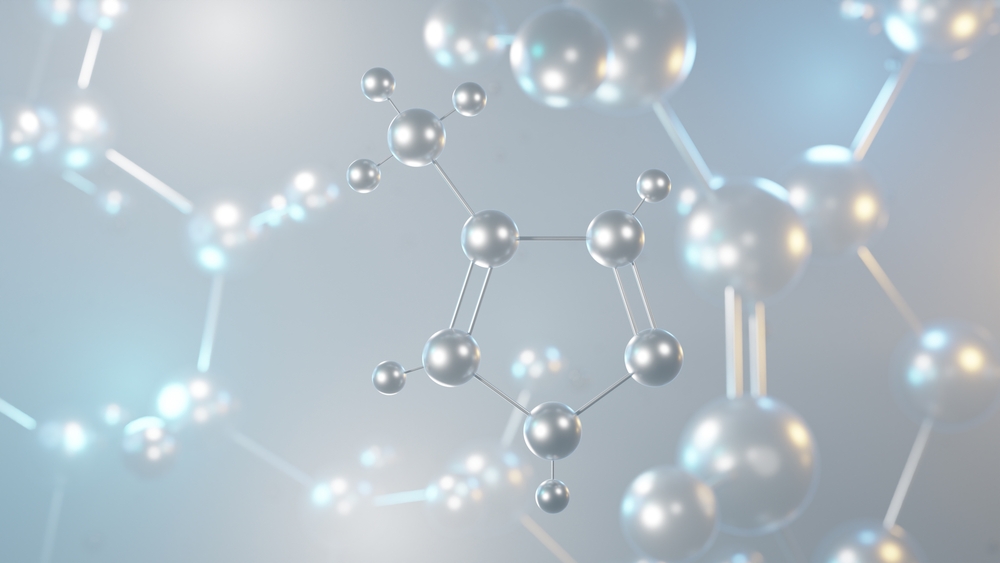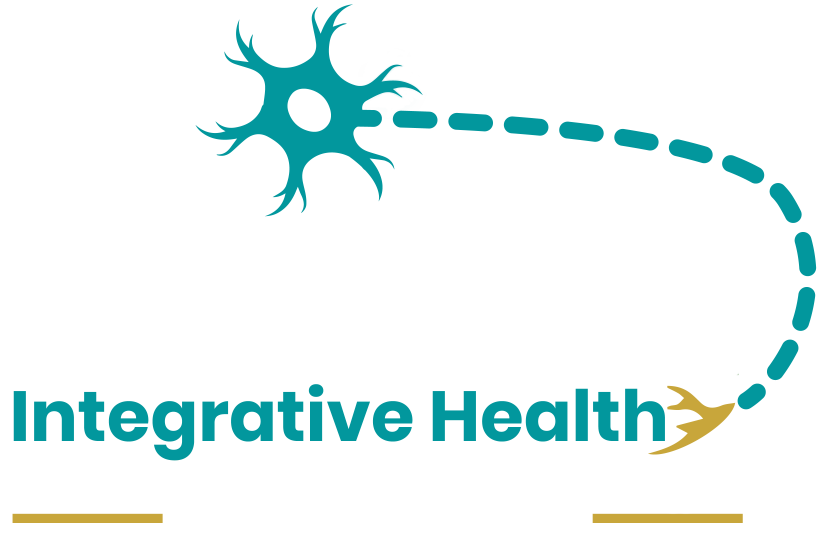Concussions are a common form of traumatic brain injury that can occur as a result of sports, accidents, or falls. In recent years, there has been growing interest in understanding the complex neuro-metabolic cascade that occurs in the aftermath of a concussion, as well as the role of cellular inflammation in determining whether individuals experience symptom relief or prolonged suffering. In this article, we will delve into the science behind concussions, post-concussion syndrome (PCS), and the impact of cellular inflammation on symptom management, all within the context of Denver, Colorado.
A concussion is a traumatic brain injury that disrupts the normal functioning of the brain due to a sudden blow or jolt. This injury initiates a complex neuro-metabolic cascade that unfolds in the following stages:
Primary Injury: The initial impact triggers mechanical forces that can lead to the stretching and tearing of brain cells, causing damage to cell membranes and axons.
Secondary Injury: The brain responds to the primary injury with a series of metabolic and cellular changes. This includes an increase in neurotransmitter release, altered ion channel activity, and fluctuations in cerebral blood flow.
Energy Crisis: The brain experiences an energy crisis as it struggles to maintain its metabolic balance. This results in a decrease in glucose metabolism, which can persist for days to weeks after the initial injury.
Excitotoxicity and Oxidative Stress: The release of excessive neurotransmitters can lead to excitotoxicity, causing further damage to brain cells. This process is accompanied by an increase in oxidative stress, which exacerbates cell damage.
Neuroinflammation: Neuroinflammation plays a significant role in the neuro-metabolic cascade of concussions. Microglia and astrocytes, the brain’s immune cells, become activated and release inflammatory molecules, contributing to cellular inflammation and damage.
Alterations in Neurotransmitter Balance: The disruption of neurotransmitter balance can lead to various neurological symptoms, such as headaches, dizziness, and cognitive impairments.
Understanding this neuro-metabolic cascade is crucial in addressing the persistent symptoms associated with concussions.
Concussions
Post-Concussion Syndrome and the Role of Cellular Inflammation in Symptom Relief or Prolongation. Neuro Metabolic Cascade of Concussion.
This figure from “The Neurometabolic Cascade of Concussion” depicts the complex cellular mechanisms, highlighting the role of dietary and supplemental intake of minerals.

Giza CC, Hovda DA. The Neurometabolic Cascade of Concussion. J Athl Train. 2001 Sep;36(3):228-235. PMID: 12937489; PMCID: PMC155411.
Post-Concussion Syndrome (PCS) refers to a condition in which individuals experience prolonged symptoms following a concussion. These symptoms can include headaches, dizziness, fatigue, cognitive difficulties, and mood disturbances. The role of cellular inflammation in PCS and symptom relief is a topic of growing interest among researchers.
Cellular Inflammation and PCS: Studies suggest that persistent neuroinflammation may be a key factor in the development and maintenance of PCS symptoms. Inflammation can lead to ongoing damage to brain cells, perpetuating symptoms and delaying recovery.
Individual Variability: The severity and duration of PCS can vary widely among individuals. This variability is thought to be influenced by genetic factors, the nature of the initial injury, and an individual’s ability to modulate inflammation.
Treatment Approaches: Current treatment strategies for PCS often focus on managing symptoms, such as pain relief and cognitive rehabilitation. However, addressing the underlying cellular inflammation may hold promise for more effective symptom relief.
Denver’s Role: Denver’s unique environmental factors, such as altitude and climate, can influence an individual’s response to a concussion and the development of PCS. With most of our residents participating in concussion-prone sports like skiing and mountain biking, it is important that comprehensive concussion care and rehab is readily accessible.
Concussions trigger a complex neuro-metabolic cascade that can result in post-concussion syndrome (PCS) and delayed healing, characterized by persistent symptoms and the role of cellular inflammation. Understanding the intricacies of this cascade and its impact on PCS is crucial for developing effective treatments and symptom management strategies, particularly in a unique environment like Denver. As research in this field continues to evolve, Axon Integrative Health plays a pivotal role in tailoring interventions to meet the specific needs of its residents and athletes, providing hope for improved outcomes for those affected by concussions and PCS in the Denver Area and from across the country.
If you are local, or in another state, and you have concussion symptoms, we can help you. You can heal no matter how long ago the injury was. Axon is the leading concussion clinic, revolutionizing concussion care not only in Denver but across the country.
Contact us today to get started on your journey towards no more concussion symptoms







